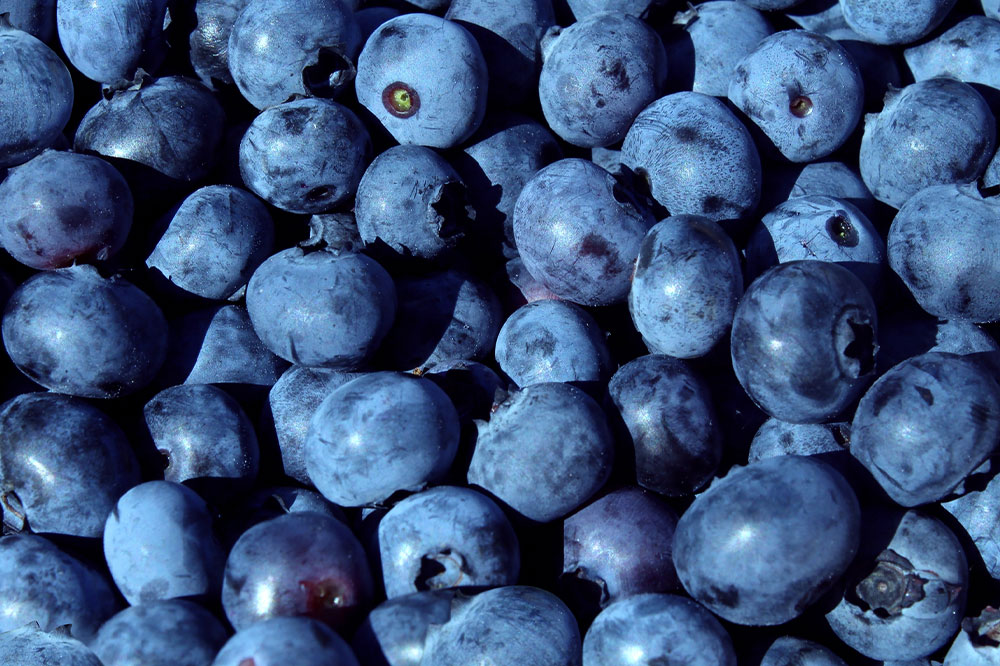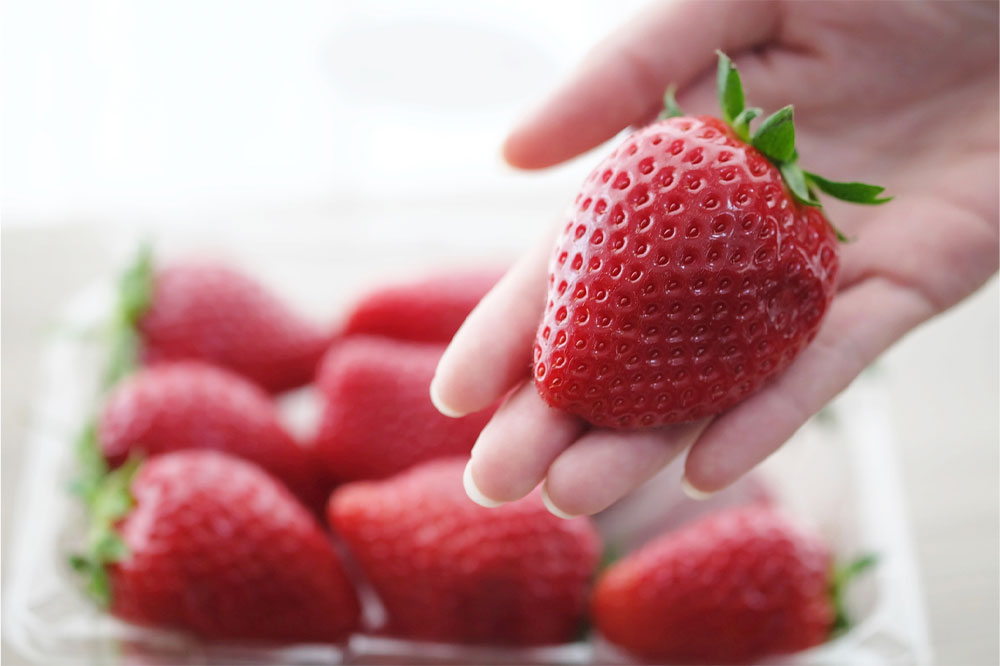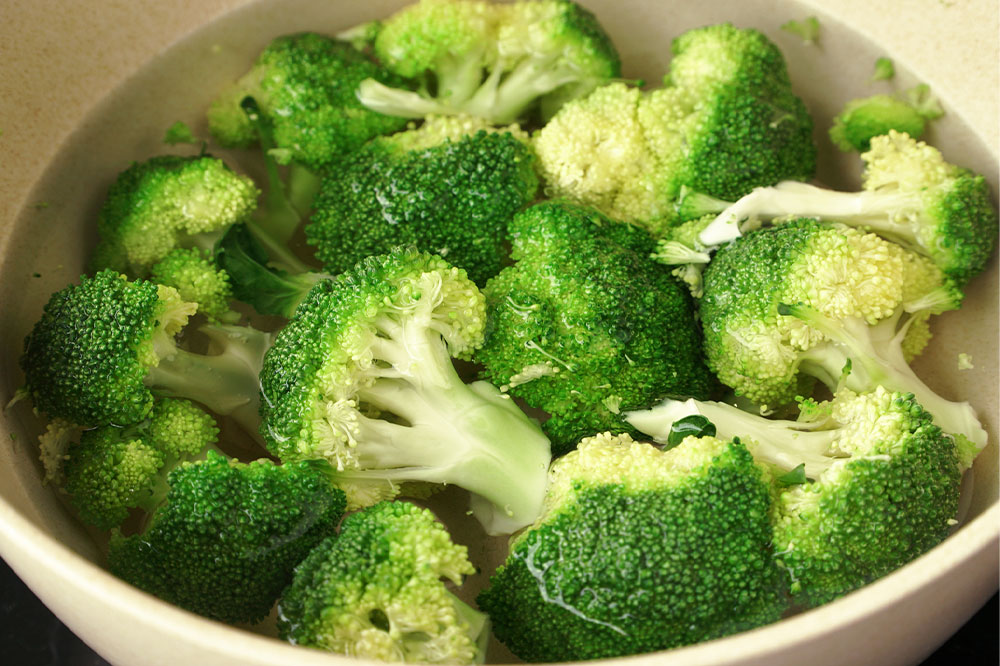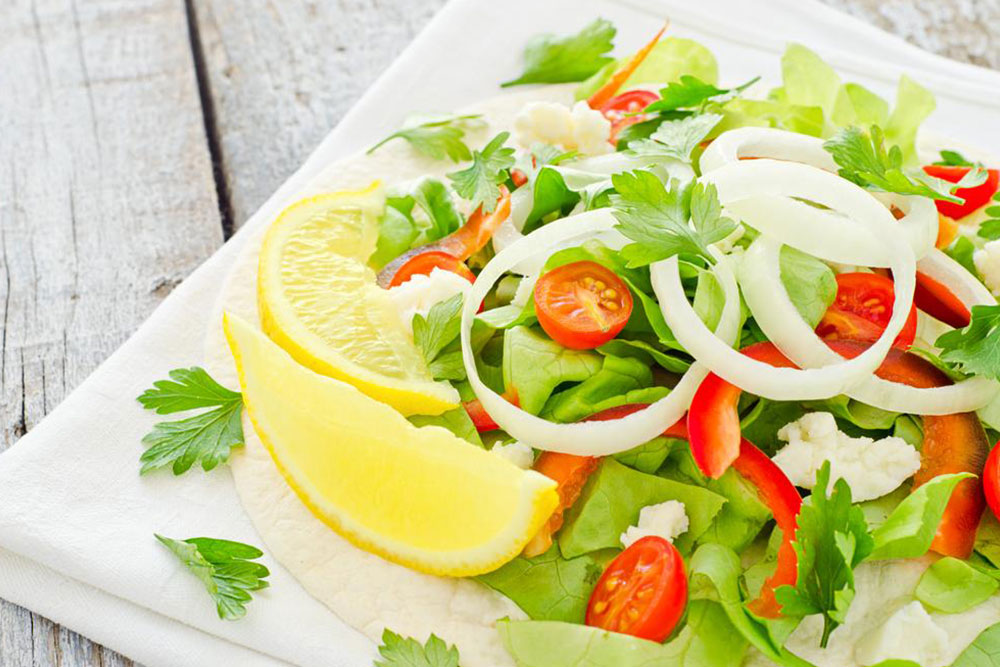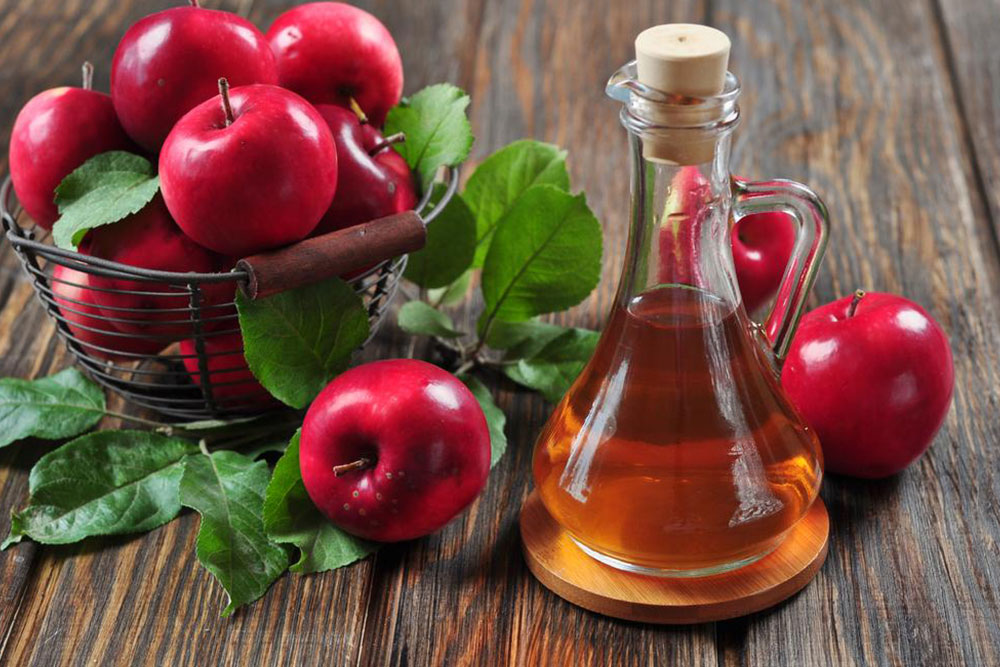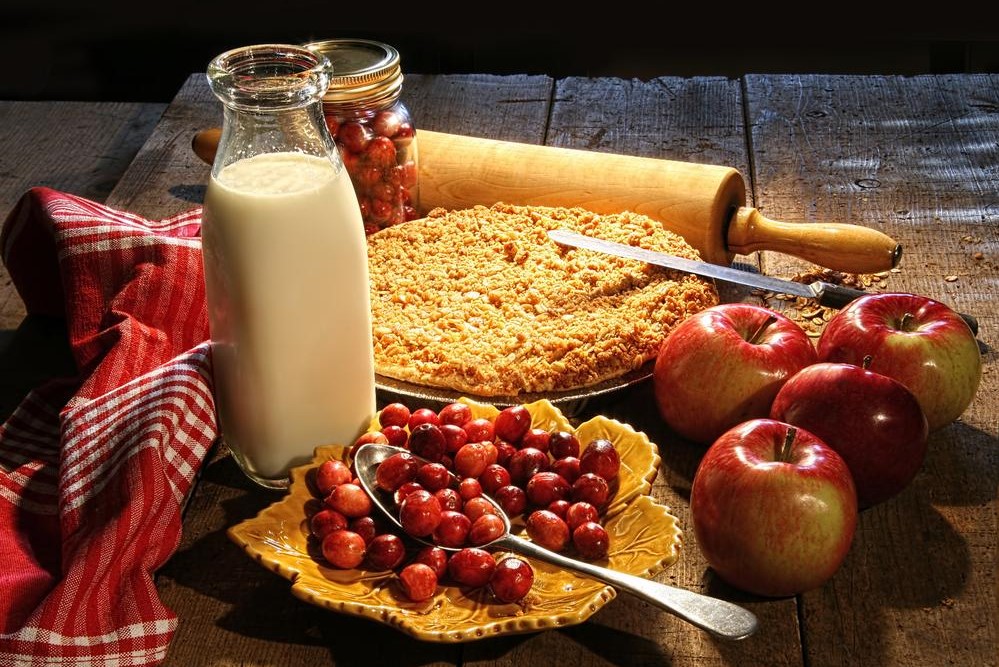Harnessing Natural Ingredients to Prevent Skin Cancer: A Comprehensive Guide
Discover how natural ingredients from everyday foods like berries, herbs, and vegetables can help prevent skin cancer. This comprehensive guide explores the potent phytochemicals such as flavonoids, carotenoids, and sulforaphane, outlining their benefits and dietary sources. Incorporate these natural compounds into your daily routine to support skin health, boost immunity, and potentially reduce your risk of skin cancer. Learn practical tips to enhance your diet and embrace a proactive approach to skin cancer prevention with scientifically-backed natural foods.
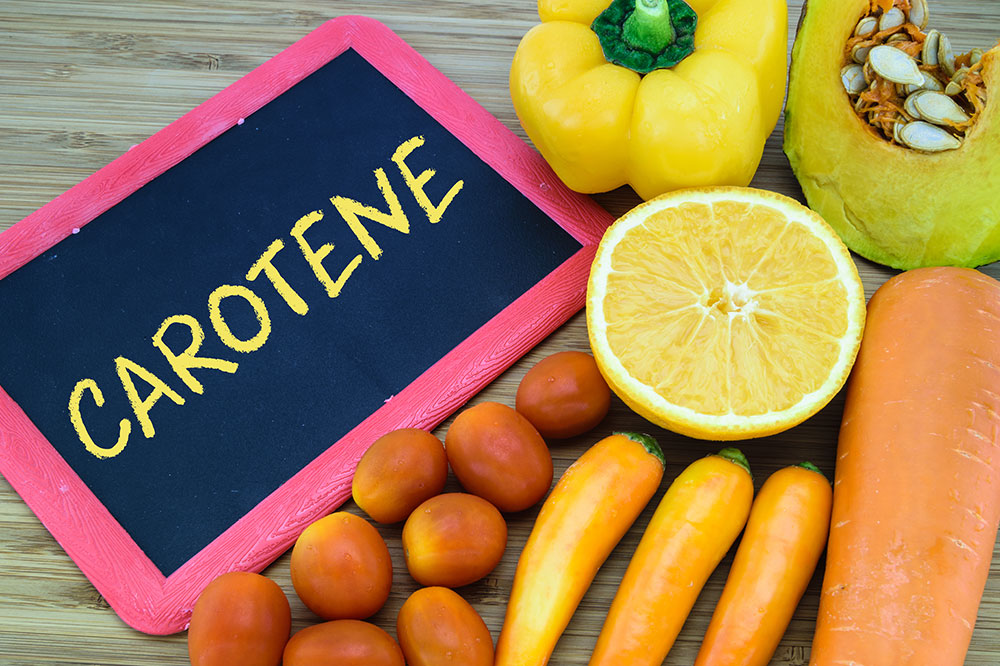
Harnessing Natural Ingredients to Prevent Skin Cancer: A Comprehensive Guide
In recent years, increasing awareness about skin cancer prevention has led researchers and health enthusiasts to explore the potential benefits of natural ingredients. Traditional medicine and scientific studies highlight the vital role that certain foods and plant-based compounds play in supporting skin health and possibly reducing the risk of developing serious skin conditions like melanoma. This extensive guide delves into how natural substances, obtained from common dietary sources, can serve as powerful tools in the fight against skin cancer, offering insights into their origins, benefits, and ways to incorporate them into daily life.
Natural Substances as Promising Anti-Cancer Agents While medical treatments continue to evolve, many anti-cancer agents have natural origins. Marine organisms, soil microbes, and plant life have long been a source of bioactive compounds with medicinal properties. Among these, certain plant-derived chemicals are gaining prominence for their potential to prevent or inhibit the progression of skin cancers, especially malignant melanoma, which is notorious for its aggressive nature and high mortality rates.
Researchers are increasingly focused on phytochemicals like flavonoids, terpenoids, carotenoids, sulforaphane, and essential vitamins—natural compounds abundantly present in everyday foods. Their role in enhancing skin resilience and fighting carcinogenic processes is now under intense scientific scrutiny. This growing body of evidence points to why integrating these nutrients into our diet may be a proactive step towards skin cancer prevention.
Flavonoids
These powerful plant compounds are renowned for their antioxidant properties and their ability to neutralize free radicals, which damage cells and DNA, contributing to cancer development. Regular intake of flavonoid-rich foods has been associated with a reduced risk of various cancers, including skin cancer. Rich sources include berries such as blueberries, strawberries, and blackberries; cruciferous vegetables like cabbage and broccoli; onions; leafy greens such as kale; as well as tea, dark chocolate, parsley, soybeans, and citrus fruits.
Terpenoids
Present in a vast array of herbs, spices, fruits, and vegetables, terpenoids support immune function and exhibit anti-inflammatory and anti-cancer properties. Incorporate mangoes, apples, citrus fruits like oranges and grapefruits, and aromatic herbs such as basil, rosemary, cinnamon, oregano, cloves, lavender, and black pepper into your daily diet for potential protective effects against skin carcinogenesis.
Carotenoids
Recognized for their vibrant orange and yellow pigmentation, carotenoids are potent antioxidants that can shield skin cells from oxidative damage. Foods high in carotenoids include tropical fruits like papaya and cantaloupe, root vegetables like sweet potatoes and carrots, winter squash, tomatoes, and tangerines.
Sulforaphane
This sulfur-containing compound is predominantly found in cruciferous vegetables such as broccoli, cauliflower, kale, cabbage, Brussels sprouts, bok choy, and watercress. Studies indicate that sulforaphane may activate detoxification enzymes, suppress carcinogenic pathways, and thus potentially reduce the risk of skin cancers.
Essential Vitamins
Vitamins C, E, and A are critical antioxidants that protect the skin from oxidative stress and cellular damage. Citrus fruits, nuts, seeds, sweet potatoes, carrots, and leafy greens are excellent sources. Adequate intake of these vitamins supports skin repair, enhances immune response, and may lower the risk of skin cancer development.
Ultimately, adopting a diet rich in these natural compounds not only promotes overall health but may also serve as a strategic approach to skin cancer prevention. Combining these nutrient-dense foods with sun protection measures and regular skin check-ups can significantly lower your risk of developing malignant skin conditions. As research continues to uncover the protective mechanisms of these natural ingredients, making conscious dietary choices becomes an empowering step towards maintaining healthy skin and reducing cancer threats.
In conclusion, leveraging the chemopreventive properties of certain foods and plant compounds offers a promising avenue in skin cancer prevention. While they are not substitutes for professional medical advice or treatments, these natural ingredients underscore the importance of diet in holistic health and disease prevention strategies.
